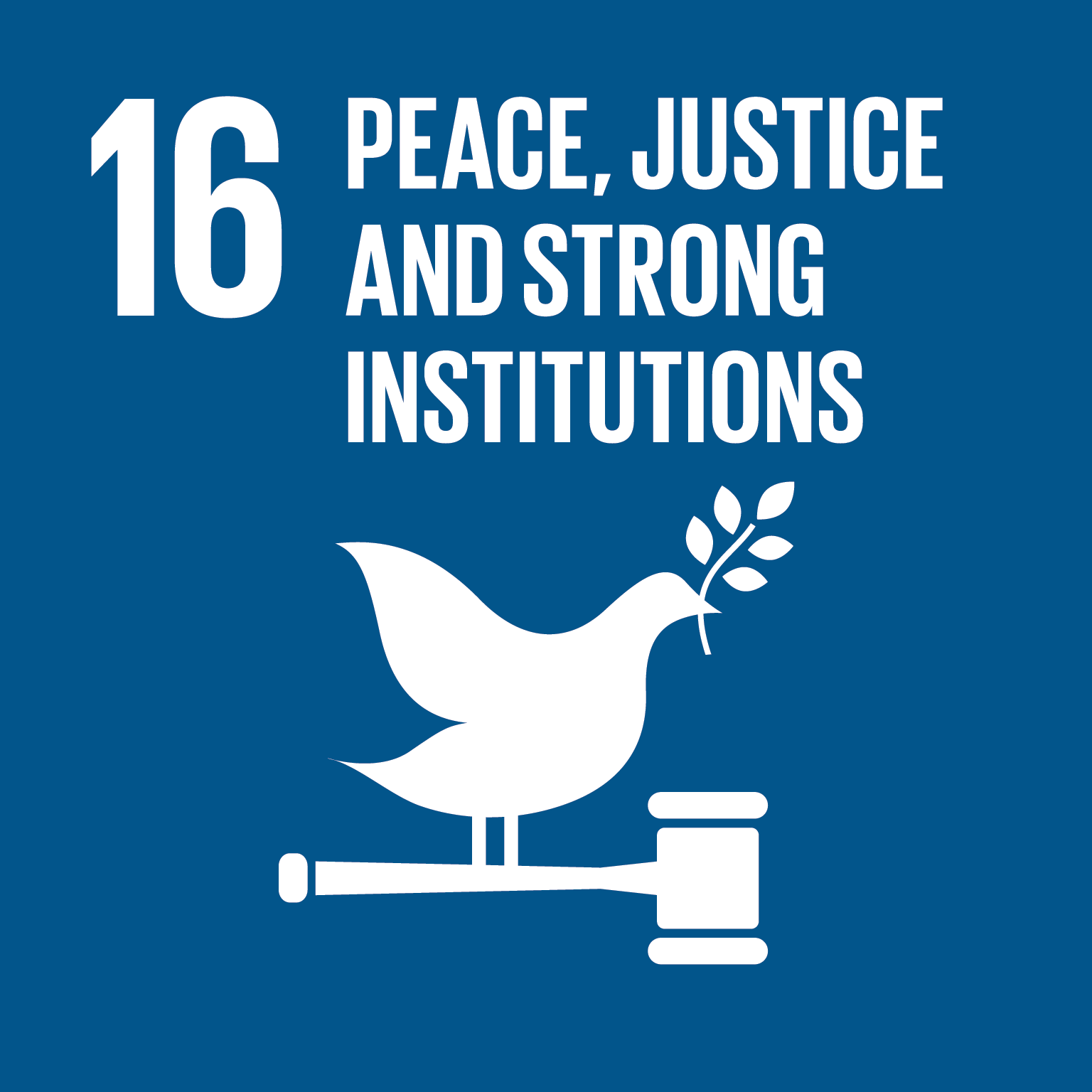


 Setting up a national coordination mechanism for the implementation and monitoring of the 2030 Agenda for Sustainable Development has proven to be one of the most important and challenging tasks for Georgia. The institutional setup and broad ownership of the SDGs is decisive in how the process will continue further. Activities carried out by AoG and relevant line Ministries have guaranteed that, similar to other multilateral initiatives, Georgia will remain among the leaders in the process of implementing the 2030 Agenda. Furthermore, targeted assistance of Sida, through the support of UNDP and IDFI, has directly intervened in the areas that were the most challenging – setting up an inter-agency coordination system, improving monitoring capacities and raising awareness among various stakeholders. Nevertheless, additional steps need to be taken in all of the above-mentioned areas.
Setting up a national coordination mechanism for the implementation and monitoring of the 2030 Agenda for Sustainable Development has proven to be one of the most important and challenging tasks for Georgia. The institutional setup and broad ownership of the SDGs is decisive in how the process will continue further. Activities carried out by AoG and relevant line Ministries have guaranteed that, similar to other multilateral initiatives, Georgia will remain among the leaders in the process of implementing the 2030 Agenda. Furthermore, targeted assistance of Sida, through the support of UNDP and IDFI, has directly intervened in the areas that were the most challenging – setting up an inter-agency coordination system, improving monitoring capacities and raising awareness among various stakeholders. Nevertheless, additional steps need to be taken in all of the above-mentioned areas.
Development and finalization of the National SDG Document has been an important milestone in the overall implementation of the 2030 Agenda, since it will facilitate a substantive dialogue between public institutions, civil society, development partners, private sector and academia. Aggregation and production of data through the Electronic Monitoring System (EMS) is another positive development that is going to assist smooth monitoring of all SDGs.
Lessons learned through the examination of SDG 16 targets, indicators and baselines has demonstrated that additional steps need to be taken with regard to review and finalization of the National SDG Document; however, one of the most important takeaways from this exercise is the realization that the document is a dynamic tool that needs systematic review and improvement. For greater contextualization of SDG 16 and other Goals, it is critically important to match each target and indicator with relevant domestic policy documents. This will ensure that the 2030 Agenda is not a parallel process that public agencies have to deal with on an infrequent basis, but is an integral part of national policy development.
As for SDG 16 indicators and baselines, it is apparent that a full-scale monitoring is yet to be carried out, since a vast volume of information still needs to be inserted in the National SDG Document. Since Georgia is an important regional leader in governance reform and significant expertise exists both within the public sector and civil society, it is recommended to start using national supplementary indicators that will be developed by CSOs, in close cooperation with public institutions. This would establish a good international practice and will once again demonstrate Georgian leadership in pursuing establishment of Peace, Justice and Effective Institutions.
As the chair of OGP, Georgia needs additional measures to approximate SDG 16 targets and indicators with the upcoming OGP National Action Plan. The above-mentioned mapping exercise demonstrates that already existing commitments have strong interlinkages with SDG targets and indicators and the only additional missing step is to institutionalize this practice.